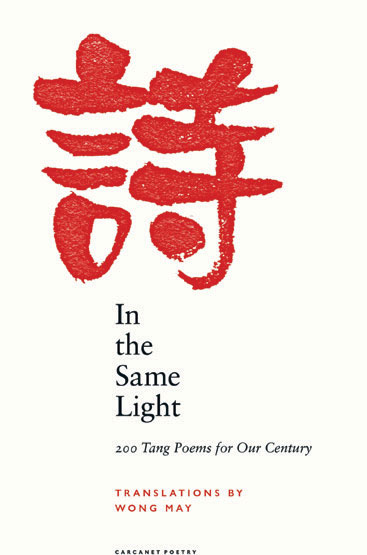FST JOURNAL
UK-China R&D Collaboration
The Debate
After the presentations, the speakers responded to questions and comments from the audience on a range of topics, including: areas for collaboration; risks of engagement; Government interests; and better understanding of respective cultures.
Potential growth areas for collaboration include the creative industries, tackling the challenges of climate change, green growth, health and AI.
Researchers do need to be aware of the possible risks in engaging in certain sorts of research where our own legislation prevents either voluntary or involuntary sharing of certain technologies. The key is productive collaboration where both sides have something to offer and the whole is greater than the sum of the parts. There must be actual economic beneficial effect for both parties.
Every collaboration with an economic benefit will have a political effect. All governments therefore have an interest in economic collaboration and how this is done. It is legitimate for the Government to have an interest when leading UK companies and universities collaborate with others, so that collaboration in science and technology does not lead to being out-competed economically. Government needs the capacity and capability to do this in an intelligent way.
Does the UK need a bespoke agreement with China? The rules should surely be the same whomever you engage with? Well, all countries seek out their own interests while paying attention to those of the other side, so specific agreements are not unusual.

It was noted that there has been an alarming rise in racist abuse of ethnic Chinese staff and students in UK universities. While China goes to some trouble to understand English-speaking countries, there is a lot of ignorance in UK universities about China. The UK under-invests in promoting Chinese language skills and in research mobility from the UK to China. A strategic and long-term approach is needed, and there should be a greater emphasis on Mandarin as a modern language subject.
The pandemic has also shown us that more can be done virtually. Specific measures can help to encourage greater joint working, including collaborative PhDs with joint supervision, early career grants and fellowships. UK researchers should be encouraged to spend some time in China early in their careers.
We need to be better at gathering the data about what has (and has not) worked with collaborations, so that we are not constantly reinventing the wheel.
